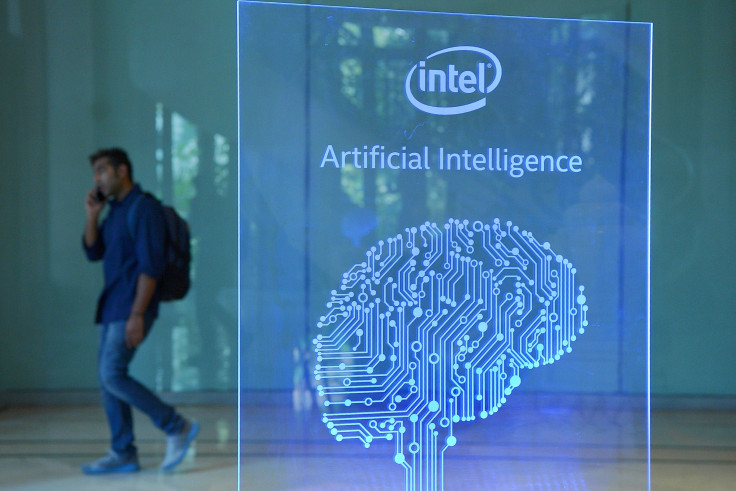Is Artificial Intelligence Good Or Evil?

Is AI good or evil? This is the question many Hollywood blockbusters have been trying to answer for decades. The story of man versus machine has captivated audiences across generations for one simple reason - it plays to our underlying fears of becoming obsolete.
During the industrial revolution at the turn of the last century, there were fears automation via assembly lines and other technology would lead to mass unemployment, and it makes sense that the new wave of industrial revolution, which centers on artificial intelligence, may eliminate jobs and render humans obsolete. The good news is that AI will create jobs even as it eliminates other jobs, so the best way to prepare yourself is to learn a new set of skills.
Which jobs will be at risk for automation?
Repetitive jobs - those that do the same thing over and over without variation - are the ones most likely to be automated using artificial intelligence. According to a study by PricewaterhouseCoopers :
- 3 percent of jobs will be automated by the early 2020s
- 30 percent of jobs will be automated by 2035
- 44 percent of workers with low education levels will have their jobs automated by 2035
- Women are at greater risk of having their jobs automated than men
Of the jobs facing the possibility of automation, the highest probability includes:
- 53 percent of manufacturing jobs
- 51 percent of wholesale and retail jobs
- 34 percent of construction jobs
- 2 percent% of human health and social work jobs
- 12 percent of education jobs
AI can also be used for great evil in the wrong hands
Artificial intelligence can be used to analyze large sets of data faster and more thoroughly than humans are capable of. According to a 2018 study about the potential of malicious use of AI, this means hackers can use large sets of unsecured data to wage phishing attacks against specific victims. This same study also found AI can be used to wage automated war, using drones and automated delivery vehicles in place of troops, and automated surveillance systems can be used to spy on citizens in their daily lives without their knowledge or consent.
A ProPublica study found AI algorithms often turn out to be racist. In particular, one formula was found to flag black criminals as likely to be repeat offenders twice as often as their white counterparts. Artificial intelligence is only as good as we can make it, and without acknowledging racism and sexism in society, AI can’t be programmed in a bubble.
AI has a greater opportunity to do good in society
Technology is only as good or as evil as the people making and using it, and right now, there are more people using AI for good than for evil. The PricewaterhouseCoopers study found AI has the potential to add $15 trillion to the global economy by 2030. Another study by Gartner found AI could create 2.3 million jobs by 2020.
Technology cannot replace the human mind, at least not yet. What’s more, humans are needed to build, maintain, and program artificial intelligence, as well as monitor its progress and implement its recommendations. In short, AI will make us more efficient and free up our time for greater pursuits. Additionally:
- Demand for data science skills is expected to grow 39 percent, according to IBM
- AI can be used to develop disease treatments specifically for each individual patient
- AI augmentation could add $2.9 trillion to businesses by 2021 and increase worker productivity by 6.2 billion hours, according to Gartner
Artificial intelligence can help us be more productive, leave the heavy lifting to the machines, and give us better, safer, more productive lives when used by the right people for the right purposes. We need not fear the AI overlord of the movies if we continue to develop this technology purposefully.
Brian Wallace is the Founder and President of NowSourcing, an infographic design agency based in Louisville, Kentucky, and Cincinnati, Ohio, which works with companies that range from startups to Fortune 500s.
© Copyright IBTimes 2024. All rights reserved.





















